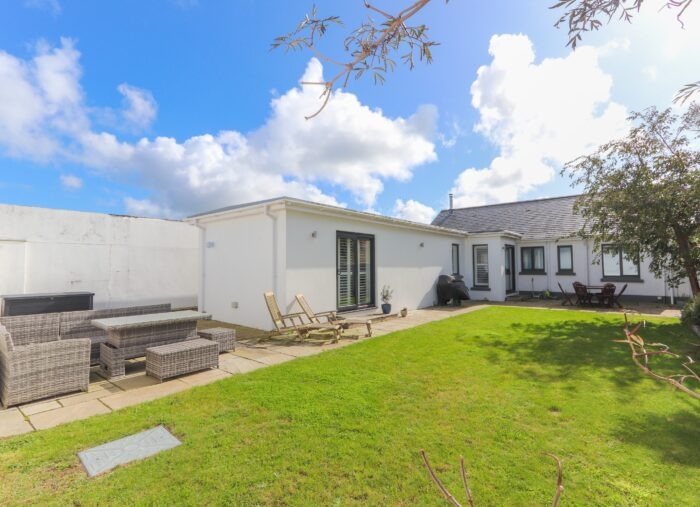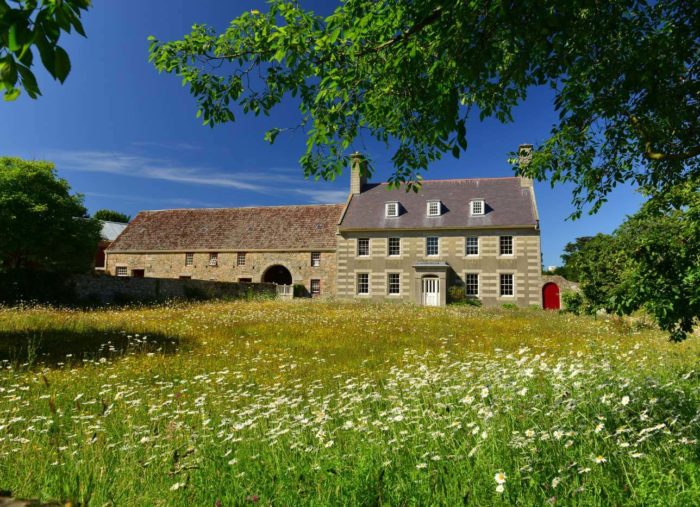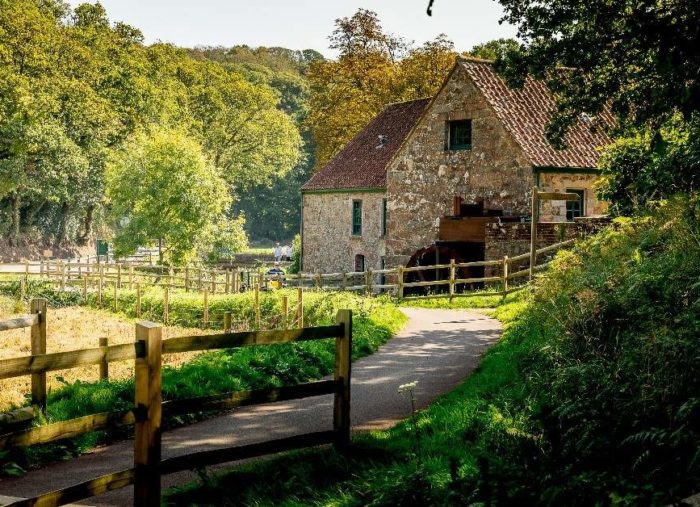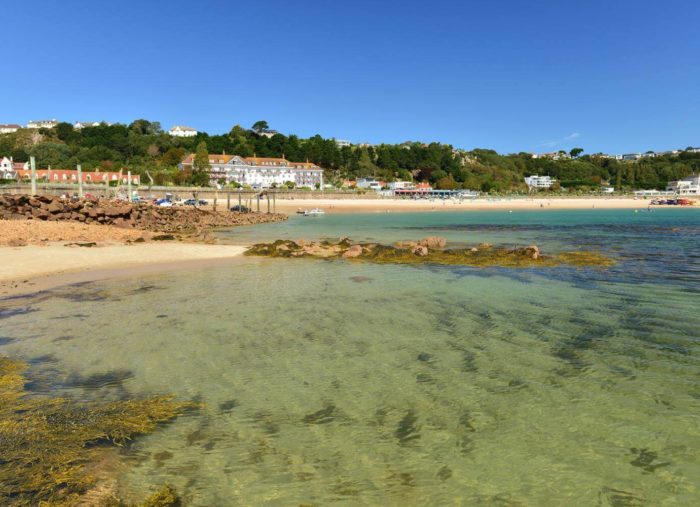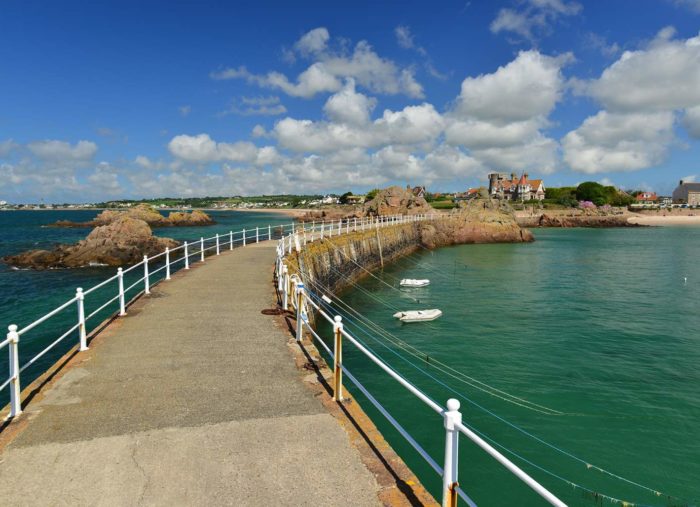Useful Information on
Relocating to Jersey
Relocating to Jersey
If you are considering relocating to Jersey as a high value resident or through work, we are pleased to provide some useful information below.
If you are looking to relocate, Jersey, a British Crown Dependency, offers you the very best tax advantages.*
Self-governing, with a stable government and independent fiscal and legal systems, Jersey provides an ideal environment for you to protect your wealth, and where your business can flourish if you choose to relocate it.
With a highly respected international reputation and recognized by both the IMF and OECD, the Island’s well-regulated business infrastructure ensures that you will have peace of mind when you move to Jersey.
Offering safety and privacy, high-quality health and leisure facilities, world-class restaurants, a good education system, and easy access to the UK, Europe, and beyond, Jersey will be the ideal location for you and your family to prosper.
The largest of the Channel Islands, Jersey measures 10 miles by 5 miles and is just 13 miles from the coast of France. However, Jersey has been loyal to the UK Crown for centuries and has a fascinating French and English history. It was even occupied by the Germans during World War II.
Today, Jersey enjoys unspoilt beaches, clean and pure sea air, and beautiful countryside. It is conveniently close to international business centers, but far enough away to enjoy a relaxed lifestyle in a tranquil and secure location and a good climate. Moving to Jersey offers a pace of life that gives you and your family space to thrive.
The luxury property market varies from contemporary houses and apartments overlooking the stunning bays all around the island to large granite stone farmhouses and historic manor houses set in acres of land, so you will be able to live comfortably in a style that suits you.
Residential Qualification
In Jersey, the right to buy and occupy residential property is controlled by law. Jersey residents fall into one of four categories.
- Entitled: Someone who has lived in Jersey for 10 years. If you are ‘Entitled’ you can buy, sell or lease any property. *High Value Residents (HVRs) are granted this status with conditions.
- Licensed: Someone who is employed by or who owns a trading Jersey business which must have permission to employ/be owned by a Licensed person. A Licensed employee can buy, sell or lease any property, apart from first time buyer restricted or social rented housing, in their own name as their sole place of residence in Jersey so long as they keep their ‘Licensed’ status.
- Entitled for Work: Someone who has lived in Jersey for a continuous period of five years immediately before the date of issue of their registration card or is married or in a civil partnership with someone who is Entitled, Licensed or Entitled for Work. If someone has Entitled for Work status, they can buy property jointly with an Entitled or Licensed spouse/civil partner and can lease ‘Registered property’ as a main place of residence in their own name.
- Registered: Someone who does not qualify under the other categories. A Registered person can only lease ‘Registered property’ as a main place of residence in their own name. An employer needs permission to employ a person with Registered status. A register of all units of residential accommodation is available showing the housing category of each unit, either ‘Qualified’ or ‘Registered’ and any conditions or concessions which are applicable.*Hunt Estates will assist you through the application process
*Note: Not intended as financial or tax advice. Please consult a tax or finance professional in your region for financial and tax advice.Being granted high value residency
The Chief Minister can grant ‘entitled’ status to a high value resident if he is satisfied that doing so will have a social or economic benefit and is in the best interests of the community.
‘Entitled’ status for high value residents. If you are granted ‘entitled’ status, you may buy or lease property in Jersey as your main place of residence here. The Population Office normally requires that you buy or lease a high value property.
Generally, this is either a property valued in excess of £3.5 million for a house and £1.75m for an apartment.
How to qualify as a high value resident
If you apply to become a high value resident, you must meet the following main criteria:
- your contribution to tax revenues is in accordance with Article 135A of the Income Tax Law
- your residency in Jersey will benefit the Island in some way (usually business or socially)
- you’ll need to show that you have annual worldwide earnings comfortably in excess of £1,250,000 per year, and this must be sustainable income. However, this does not guarantee your high value residency status. You will be required to pay 20% ie min of £250,000 per year. Please note any income earned from land and buildings in Jersey, or dividends paid from a company in receipt of Jersey property income, is taxed at 20%.
Other qualifying factors
The minister may also take into account any:
- voluntary work or business contribution to the local community
- training or sporting initiatives particularly aimed at youth or educational organisations
- actual or potential media coverage of any activities that involve your business or social life. This includes positive images such as sporting or educational achievements, and negative images relating to past business practice cultural interests or skills that have benefited a local community which could benefit Jersey
- general lifestyle and family circumstances, including past charitable work and contributions
- any clear undesirable factors in your background, such as a criminal record
The minister will take into account any likely local impact that you will have on taking up residence in Jersey. The minister will also ask about your plans for further business activities in Jersey, future local employment, training, diversification and any potential resultant increased tax revenues.
Residential and employment statuses and what they mean
A residential / employment status determines where you can work and live. There are four categories Your status will be printed on your registration card.
| Residential / employment status | Definition | Housing | Work |
|---|---|---|---|
| Entitled | Someone who has lived in Jersey for 10 years (more details below) | Can buy, sell or lease any property | Can work anywhere and doesn’t need permission to be employed |
| Licensed | Someone who is an ‘essential employee’ | Can buy, sell or lease any property, apart from assisted purchase or social rented housing, in their own name if they keep their ‘licensed’ status | Employer needs permission to employ a ‘licensed’ person |
| Entitled for work | Someone who has lived in Jersey for five consecutive years immediately before the date the card is issued, or is married to someone who is ‘entitled’, ‘licensed’, or ‘entitled for work’ | Can buy property jointly with an ‘entitled’ spouse / civil partner. Can lease ‘registered’ (previously ‘unqualified’) property as a main place of residence. | Can work anywhere and doesn’t need permission to be employed |
| Registered | Someone who does not qualify under the other categories | Can lease ‘registered’ property as a main place of residence | Employer needs permission to employ a ‘registered’ person |
Qualifying for or losing your ‘entitled’ status
An ‘entitled’ status can be gained and lost in different ways.
| Gaining ‘entitled’ status | Losing ‘entitled’ status | |
|---|---|---|
| I was born in Jersey | You must live in Jersey for a combined period of 10 years | Once you gain your status, it’s permanent |
| I wasn’t born in Jersey | You must live in Jersey for a continuous period of 10 years | You’ll keep your status as long as the total amount of time you spend living away from Jersey doesn’t exceed five years |
| You’ll gain permanent status if you’ve lived in Jersey continuously for 30 years up to the date that you make an application for a registration card | ||
| I wasn’t born in Jersey, but moved here before I was 20 and have an ‘entitled’ parent | You must live in Jersey for a combined period of 10 years before you’re 40 | Once you gain your status, it’s permanent |
| I wasn’t born in Jersey but moved here before I was 16 | You must live in Jersey for a continuous period of 10 years | Once you gain your status, it’s permanent |

